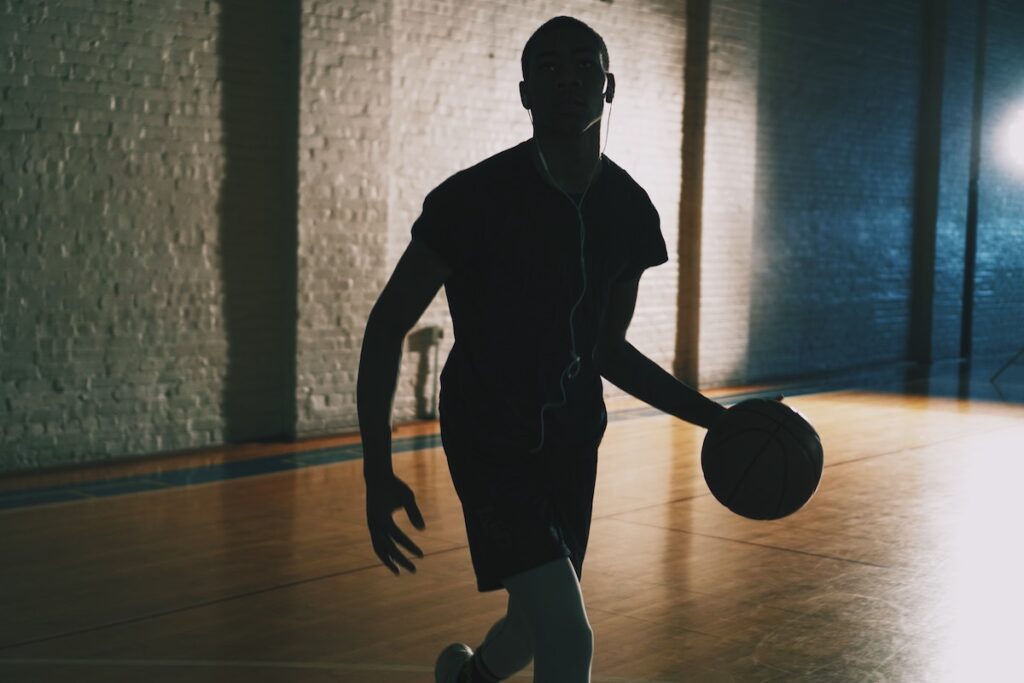The spring and early summer of 2023 have been riddled with stories about professional athletes suspended for gambling and related news. You can read more about recent suspensions here. Then yesterday (June 28) the NCAA issued a press release to announce an update to their reinstatement guidelines for athlete sports betting violations. The breakdown is as follows:
For all wagering-related violations reported on or after May 2, the following guidelines will apply:
- Student-athletes who engage in activities to influence the outcomes of their own games or knowingly provide information to individuals involved in sports betting activities will potentially face permanent loss of collegiate eligibility in all sports. This would also apply to student-athletes who wager on their own games or on other sports at their own schools.
- If a student-athlete wagers on their own sport at another school, education on sports wagering rules and prevention will be required as a condition of reinstatement, and the loss of 50% of one season of eligibility will be considered.
NCAA Governance
- For all other wagering-related violations (e.g., wagering on professional sports), cumulative dollar value of the wagers will be taken into consideration with the following terms for reinstatement:
- $200 or less: sports wagering rules and prevention education.
- $201-$500: loss of 10% of a season of eligibility, plus rules and prevention education.
- $501-$800: loss of 20% of a season of eligibility, plus rules and prevention education.
- Greater than $800: loss of 30% of a season of eligibility, plus rules and prevention education.
Meanwhile, professional sports leagues (NFL, NBA, MLB, NHL, MLS) have their own respective policies regarding punishment and reinstatement. For example, in the NFL, players who have wagered on NFL games have received indefinite suspensions of at least one year, while players who have placed sports bets (on other leagues) while at team or league facilities have received six-game suspensions.
While we could dive into the details of each league, we’ll leave it to ESPN who has done an excellent job of this already. You can reference their breakdown here. Instead, we want to focus on the one glaring omission in reinstatement policies of collegiate and professional athletics – the need for a psychological evaluation prior to reentry. Read ahead to find out why organizations and leagues must make this a critical part of their respective reinstatement policies for athletes who have been suspended for gambling.
Why Sports Betting Penalty Policies for Players Should Include Psychological Evaluation Prior to Reentry
May Uncover Gambling Disorder
In some cases, athletes skirting organizational rules about sports betting may boil down to defiance and blatant misconduct. They did something they knew was wrong, thought they could get away with it, and consequently had to pay the piper. However, in other cases there may be an underlying issue that has them gambling compulsively despite the consequences. These individuals may have gambling disorder, which is by no means a fabricated defense. What most people don’t realize, is that elite athletes exhibit a number of risk factors that are associated with an elevated risk of problem gambling (more on this below). By having problem gambling specialists perform a comprehensive psychological evaluation prior to post-suspension reentry, leagues and organizations can help prevent player relapse.
May Uncover Co-occurring Mental Health Conditions
Approximately 35% of elite athletes suffer from anxiety and/or depression, which are known to co-occur with problem gambling. Other mental health conditions that are simultaneously present with gambling disorder include schizophrenia, bipolar disorder, and alcohol use disorder. If an elite athlete has a diagnosed or undiagnosed disorder from the comorbid category, they generally have a higher risk of gambling disorder. Once again we find how important a psychological evaluation prior to reinstatement can be.
Fosters a Culture of Caring Over Punishment
From fines and suspensions to lifetime bans, league and organizational policies that exist thus far are punitive in nature. These are bandaid solutions that essentially show league and organizational stakeholders along with the public that something has been done. It creates an environment of fear (of sports betting) which can be effective in keeping some players from violating policies. However, it does not foster a culture of understanding and care for those who struggle with vulnerability to gambling disorder.
If collegiate and professional leagues want to create a sustainable model that keeps vulnerable athletes from falling through the cracks of fines, suspensions, and bans, it’s time to introduce psychological evaluations into the equation.
If you work with athletes at an amateur, collegiate, or professional level and want to learn more about how your institution or organization can better support the mental and behavioral health of its athletes, contact Kindbridge today.
Concerned Athletic Organizations and Institutions
CALL +1 (877) 426-4258
OR


